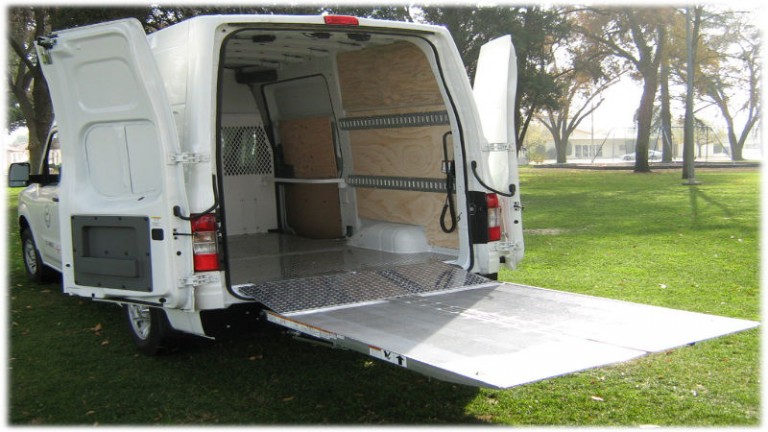Not all car inspection services in New Jersey offer the exact same set of services. There are special inspection procedures for collision damage, and yet others for New Jersey emissions standards tests.
However, most vehicle inspections will include some basics like checking the tires and brakes. Before you pay, find out what the car inspection does and does not cover.
A car inspection should help you unearth potential problems, making it much easier and cheaper for you to fix any existing issues. The fundamentals include tire and brake health, the integrity of your car’s steering and suspension systems, and the health of your battery.
The inspection should also include checking all the electrical components, including but not limited to safety lights. The entire engine should be checked, along with the car’s exhaust system. All belts and hoses need to be examined for leaks or tears. These are routine inspections for mandatory New Jersey annual emissions testing.
Even though you may check your car’s fluids on your own, the professional inspection will make sure all engine and support fluids are at their optimal levels. Finally, the inspection will involve a thorough examination of the exterior body, as well as moving parts like windshield wipers.
After an accident,
If you have any specific questions or areas of concern, you can also ask the technicians at Franks Auto Body. A reputable and reliable auto body shop is the best place for you to take your car in New Jersey. In fact, an auto body shop is best for full car inspections after a collision, when there could be damage to the vehicle that you might not notice.







